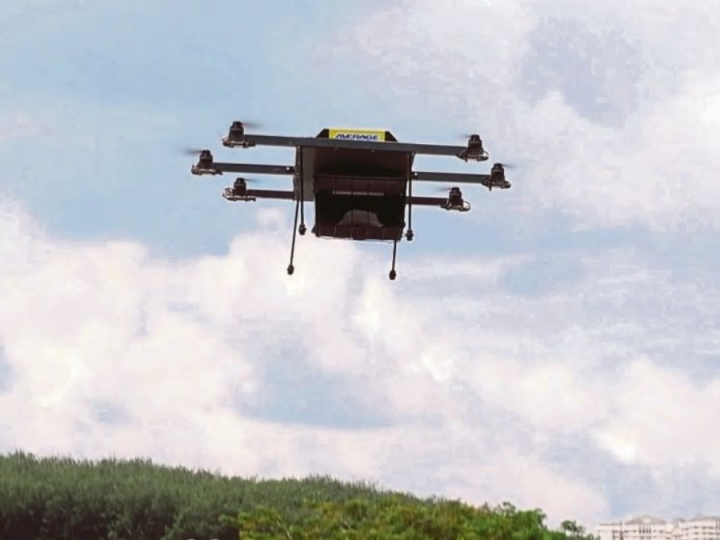Two Men Caught Smuggling More Than 5000 Baby Turtles at KLIA2
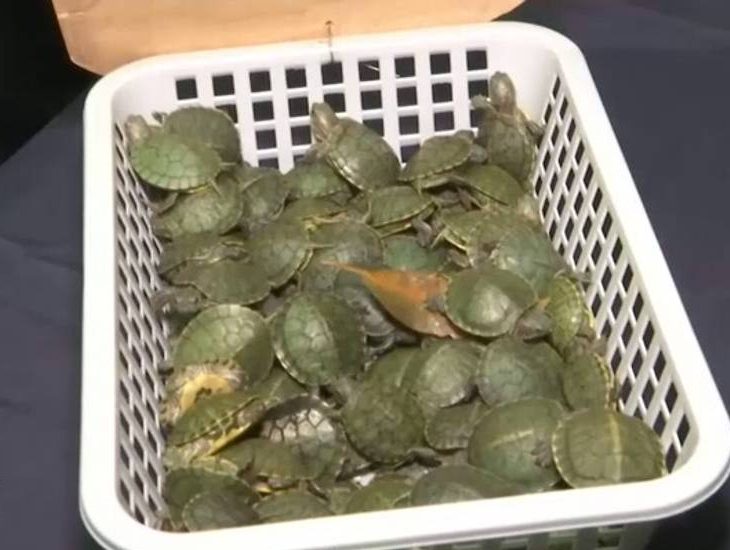 Thirsty for JUICE content? Quench your cravings on our Instagram, TikTok and WhatsApp
Thirsty for JUICE content? Quench your cravings on our Instagram, TikTok and WhatsApp
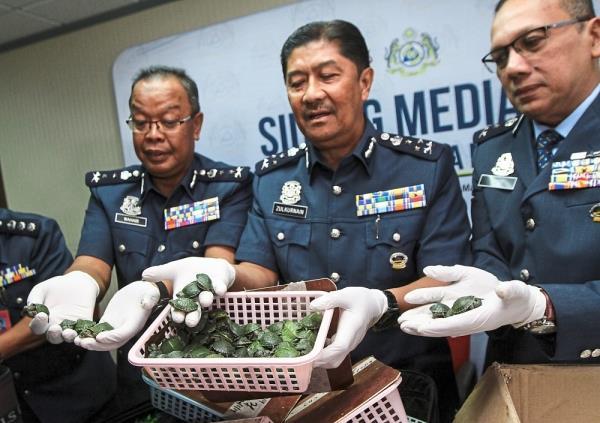
Not a hundred, not a thousand, but exactly 5,255 baby tortoises were seized by customs officers after stopping two men at KLIA2. According to The Star, the men had flown in from Guangzhou, China to Kuala Lumpur on June 20 where they both ter-kantoi.
During the bag check, the officers found the baby tortoises (specifically red-eared terrapins) in small baskets, which were then placed inside two luggage bags. The department estimated the total worth of the seizure to be around RM52,550. Upon further checking, they discovered that not all tortoise survived the trip.
Sources said the two suspects told authorities that they were not aware that transporting such livestock was against local laws. It is believed that their plan was to resell them in India.
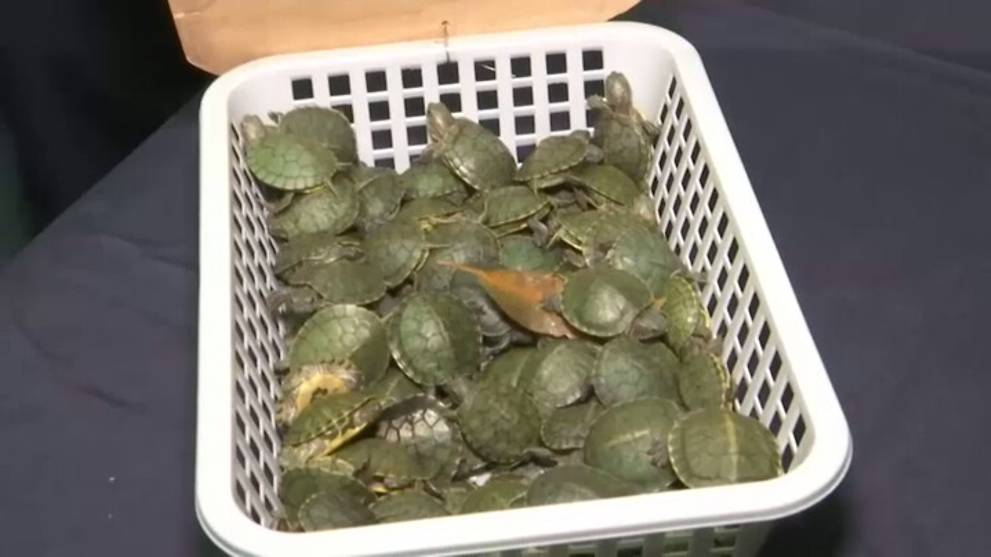
“The importation of tortoises without a licence is an offence under the Customs Act 1967. Both suspects were remanded and will be charged in the near future,” said Central Zone Customs assistant director-general Datuk Zulkurnain Mohamed Yusuf. For now, the small animals will be handed over to the Wildlife and National Parks Department (Perhilitan).
Kanitha Krishnasamy, regional director of the wildlife trade watchdog Traffic, dubbed the latest terrapin smuggling case bizarre. Stating that “What is clear is how crazy the pet trade has become.”
Customs officials have in the past seized animal parts at Kuala Lumpur’s airport, but it is rare to find a huge stash of live animals in luggage. Both suspects could now face up to five years in prison and a fine.
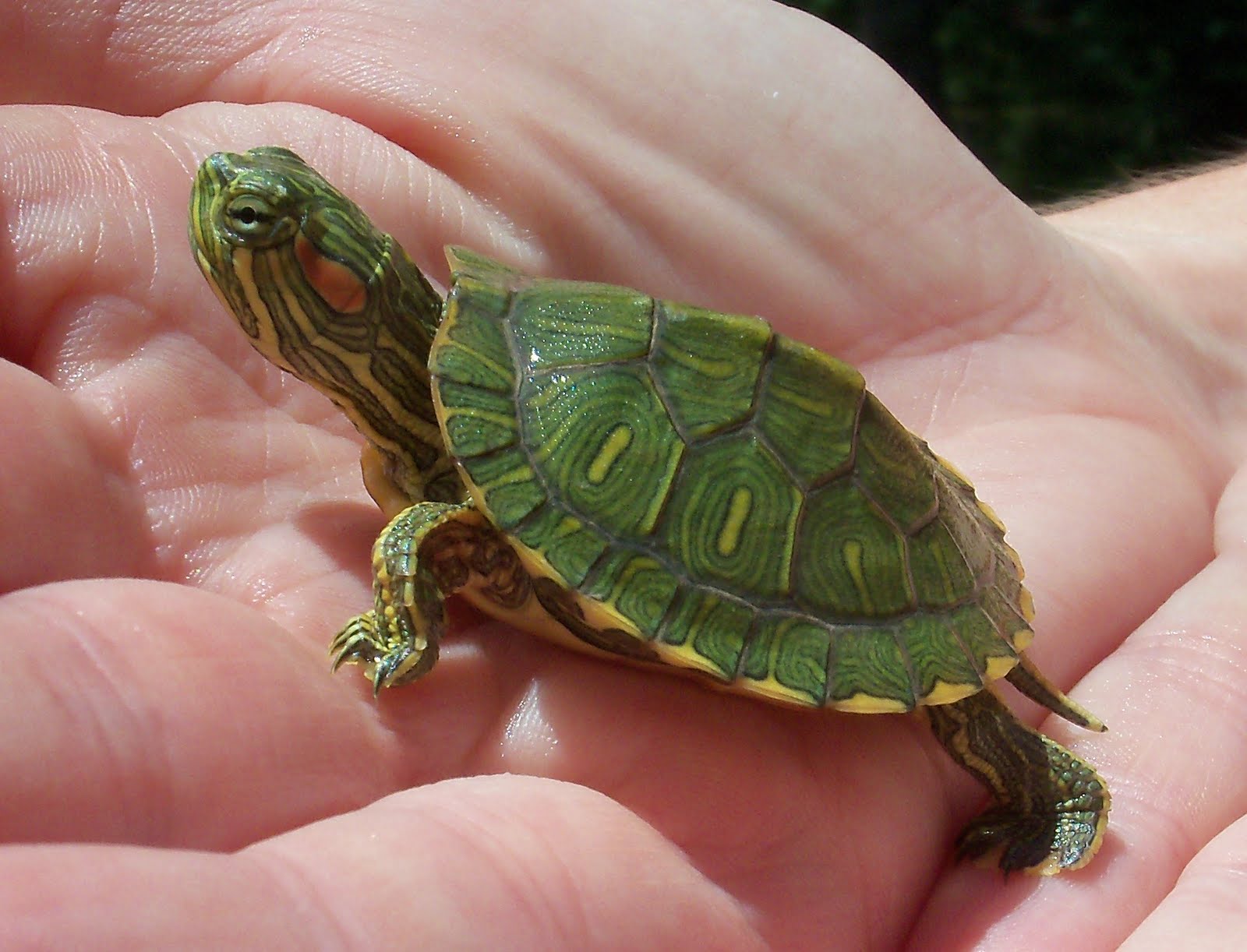
Red-eared terrapins are the most popular turtle in the pet trade, according to the International Union for the Conservation of Nature. Unfortunately, they are classified as an invasive species in a number of habitats and are now found in the wild in countries around the world.
A quick Google search reveals that they “compete with native turtle species for food, habitat, and other resources” and “can get quite large (10-12”) and are notoriously aggressive, and can bully native turtles out of basking sites, a critical resource for these reptiles.”
For more news, click here.


 Get Audio+
Get Audio+ Hot FM
Hot FM Kool 101
Kool 101 Eight FM
Eight FM Fly FM
Fly FM Molek FM
Molek FM
